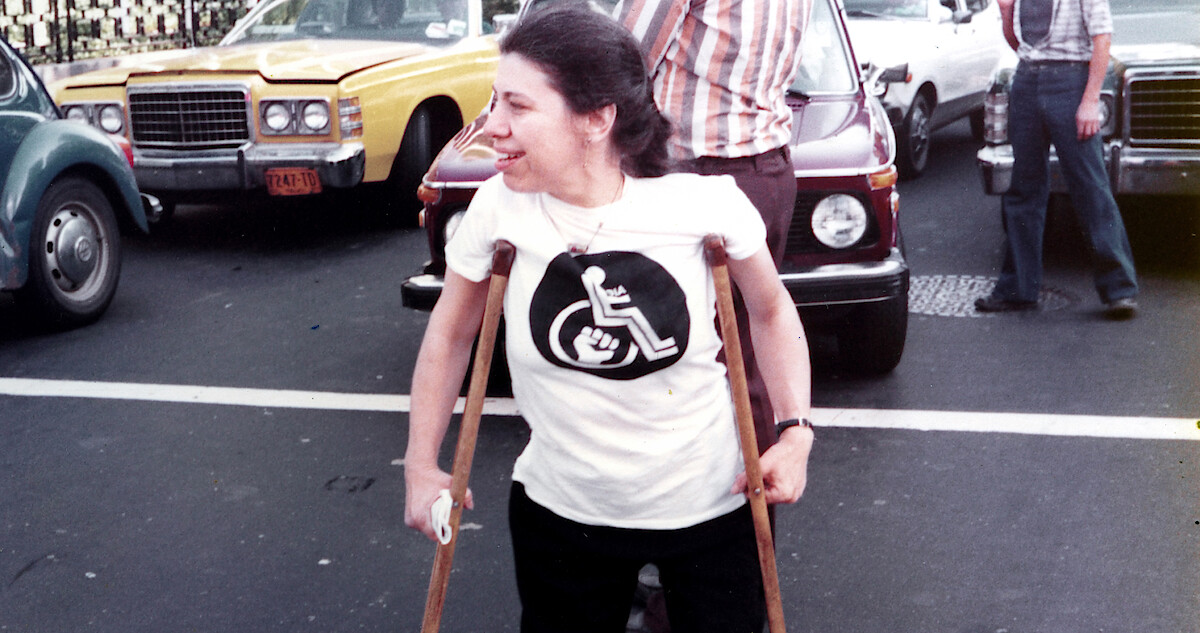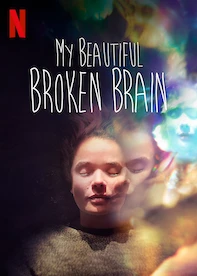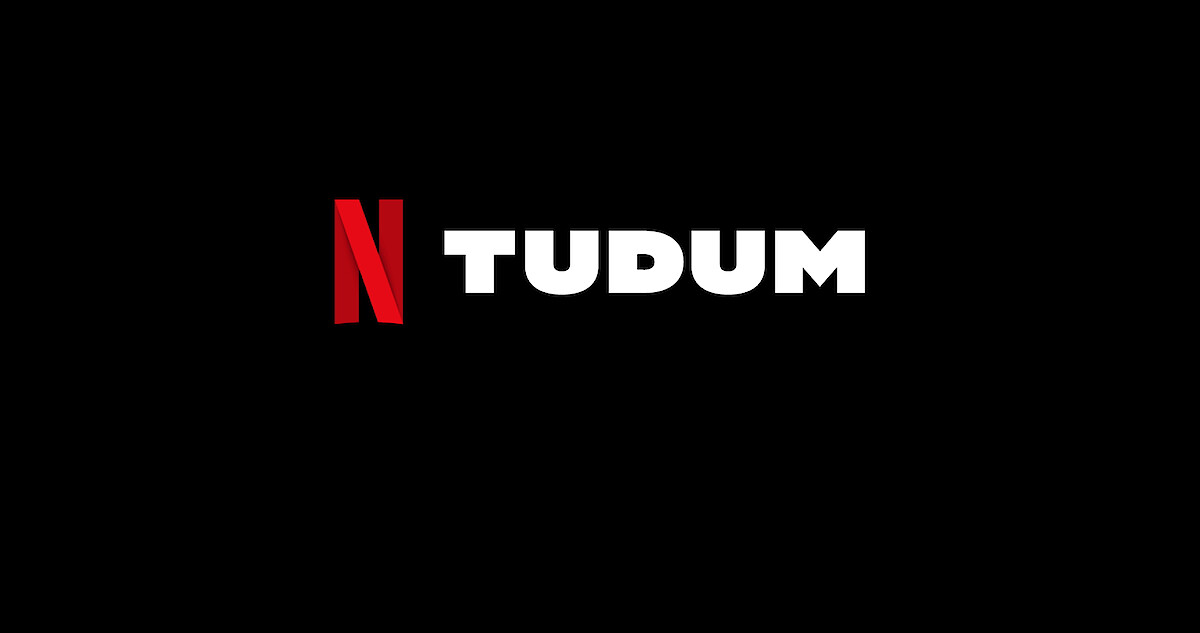For the one billion people with disabilities on the planet, access is essential to inclusion. If a person with a disability cannot safely use public transportation, attend school, navigate a store, work or sit comfortably in a restaurant, their life is much smaller than it should be – and the rest of society is also smaller. The same is true for the digital world and the communities within it, which is the focus of Global Accessibility Awareness Day, which falls on May 16 this year.
Storytelling also benefits from greater access and inclusion: the wide range of experiences seen on screen can provide insights and perspectives and prompt deeper conversations about diversity in the real world.
In keeping with the mission of World Accessibility Awareness Day, we present 12 shows and movies that feature disability in the context of broad, universal experiences like ambition, friendship, commitment and love. You can find even more great stories on Netflix here.
Invisible Light
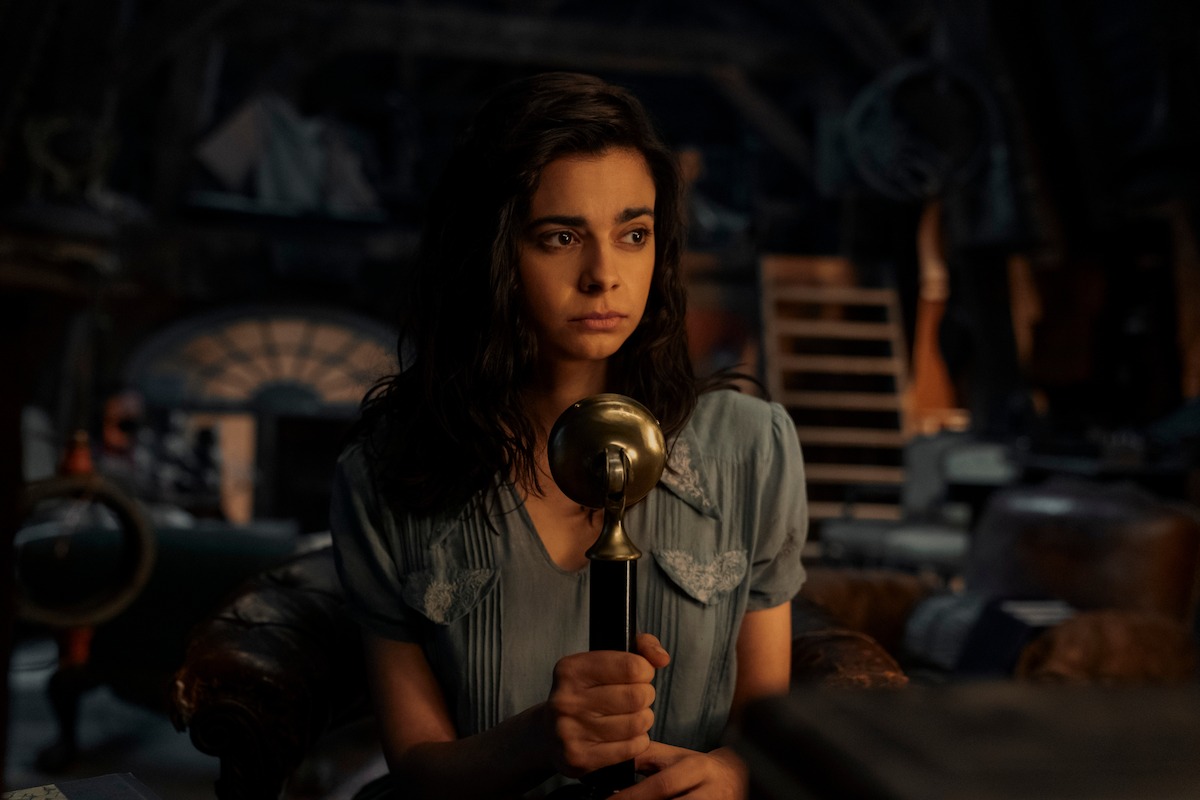
Based on the 2014 Pulitzer Prize-winning novel by Anthony Doerr, “The Light We Can’t See” is a four-part limited series about Marie-Laure (played by newcomer Aria Mia Roberti), a blind French girl who transmits forbidden radio broadcasts during the final days of World War II. After Paris surrenders to the Nazi regime, she and her father, who work as locksmiths at a Parisian museum, flee the city and seek refuge at her uncle’s house in Saint-Malo, where a diamond called “Sea of Flames” is secretly hidden, which Marie’s father had taken from the museum. Werner, a German teenager, listens to Marie’s broadcasts as a Nazi radio operator, but is aware that her storytelling puts him in danger.
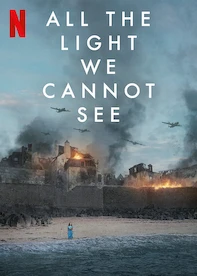
Spectrum Love
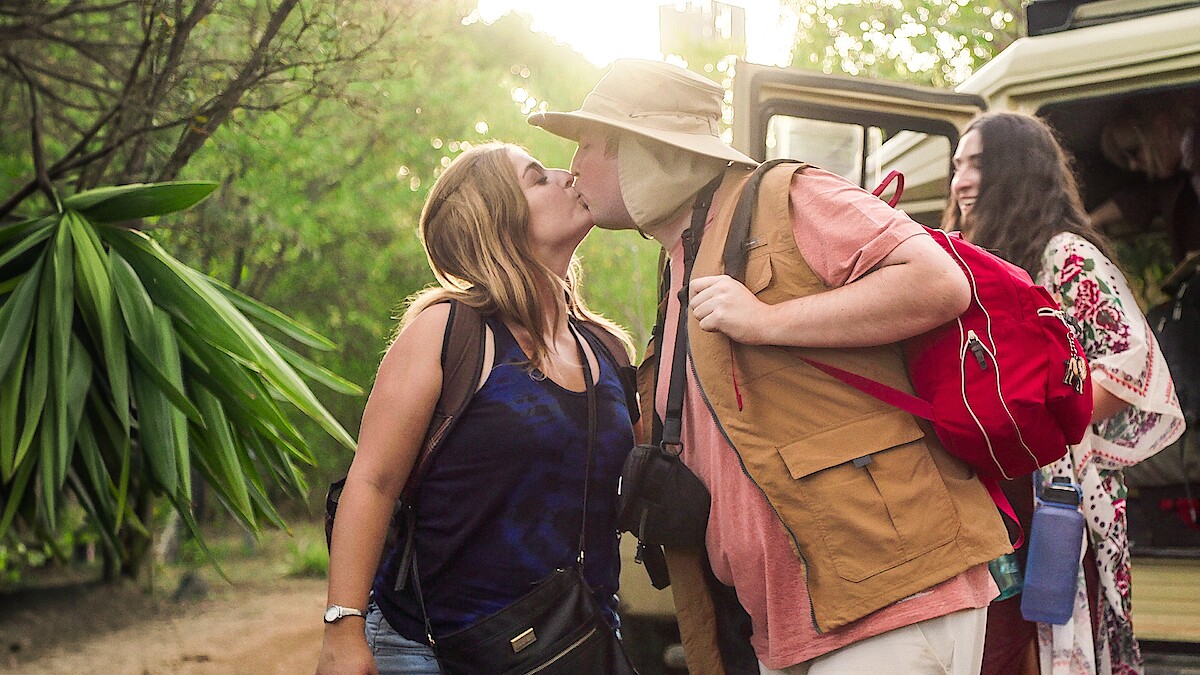
In the decades since “finding love on reality TV” first emerged as an entertainment force, it has taken many forms. But it rarely touches on the subject directly from a disability perspective. That’s why “Love on the Spectrum” stood out when it premiered in Australia in 2019. Its success spawned an American version three years later, now airing its second season. The show follows the lives of love-seeking singles of different ages and identities, with a range of neurodivergent experiences, including autism, dyslexia and ADHD. By showcasing the personalities of its cast members alongside the personal details of their disabilities, “Love on the Spectrum” follows the familiar rulebook of dating shows, but adds a complexity that’s often misunderstood.
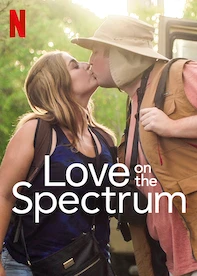
Forgive us our sins
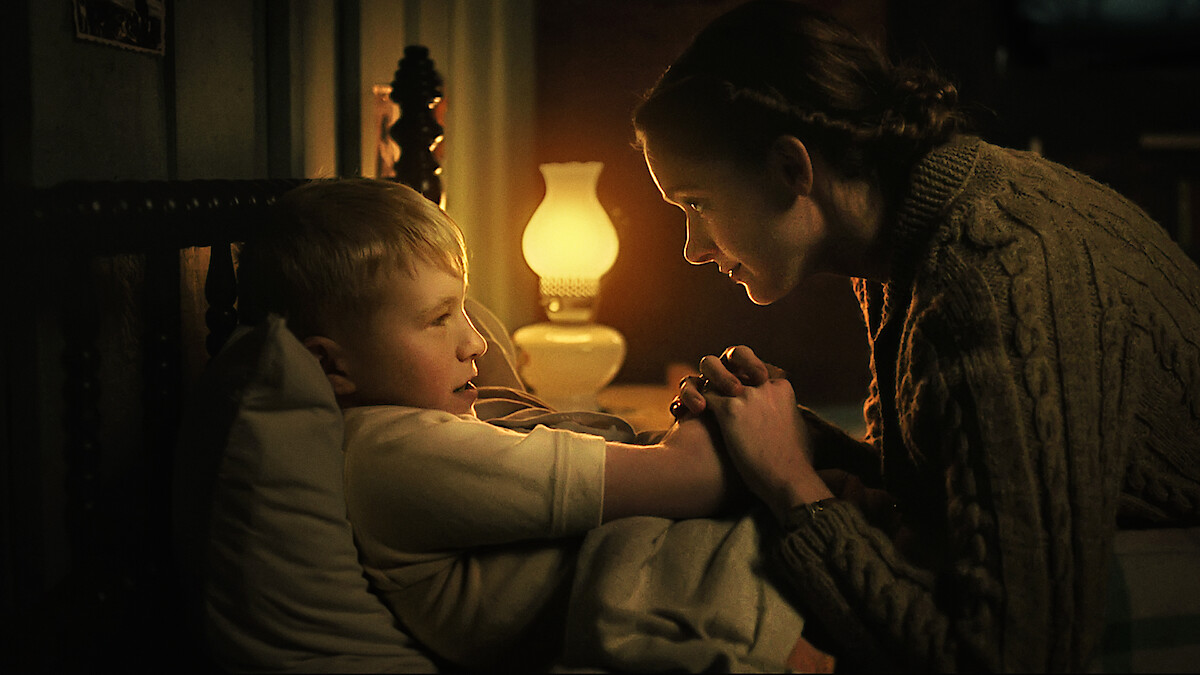
A boy with a disability lives in a time when hundreds of thousands of disabled people are being murdered by Hitler’s regime. When the Nazis arrive at his house, he must fight for survival. This short film creates an immersive dramatic experience in just 13 minutes. Although it is a work of fiction, it is based on the real horrors experienced by disabled people (including children) during World War II.
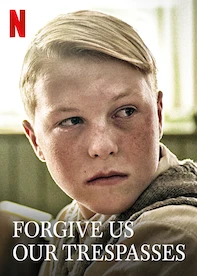
Hearing Impaired U
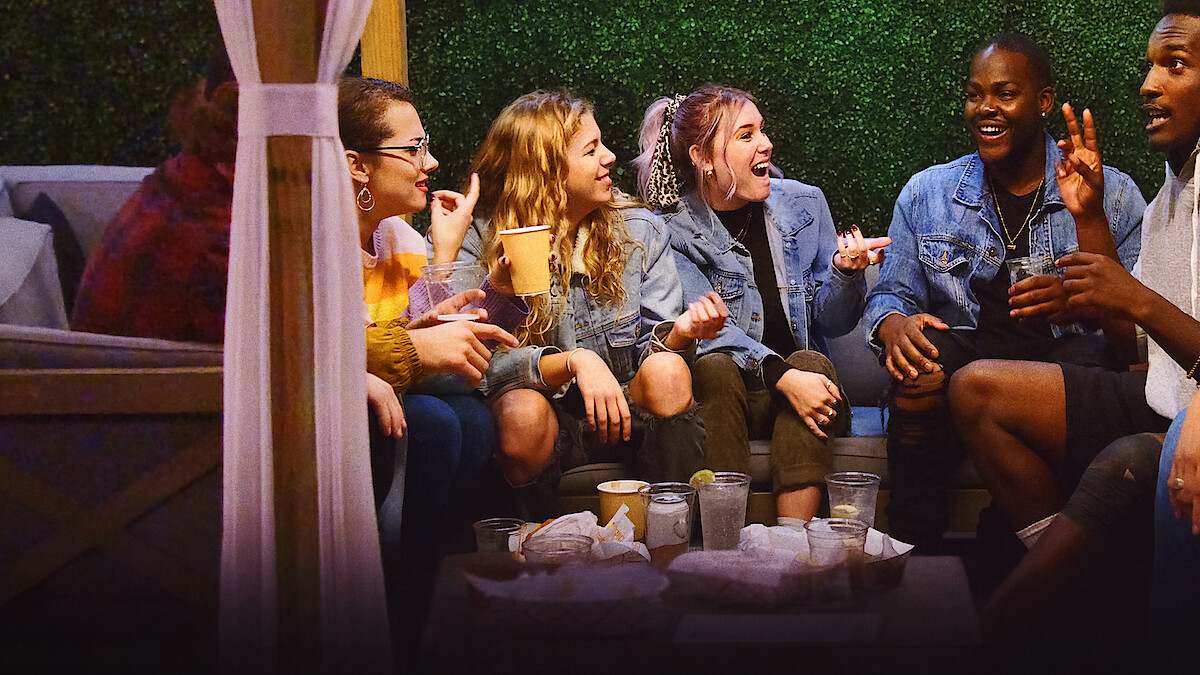
A reality TV series about deaf students attending bilingual (ASL and written English) Gallaudet University in Washington, DC. Some of the students come from deaf families that use ASL, while others didn’t grow up in a sign language community. Regardless of their cultural and linguistic upbringing, they all find themselves entangled in new social situations, just like any other undergraduate: friends, crushes, lovers, non-lovers, and maybe lovers but they’re not sure. There’s a lightheartedness to the show that probably comes from the reality shared across the board by the cast. As a result, the audience is almost instantly thrown into intimate relationships on screen, personal experiences are prominent, and deaf culture takes center stage.

All together
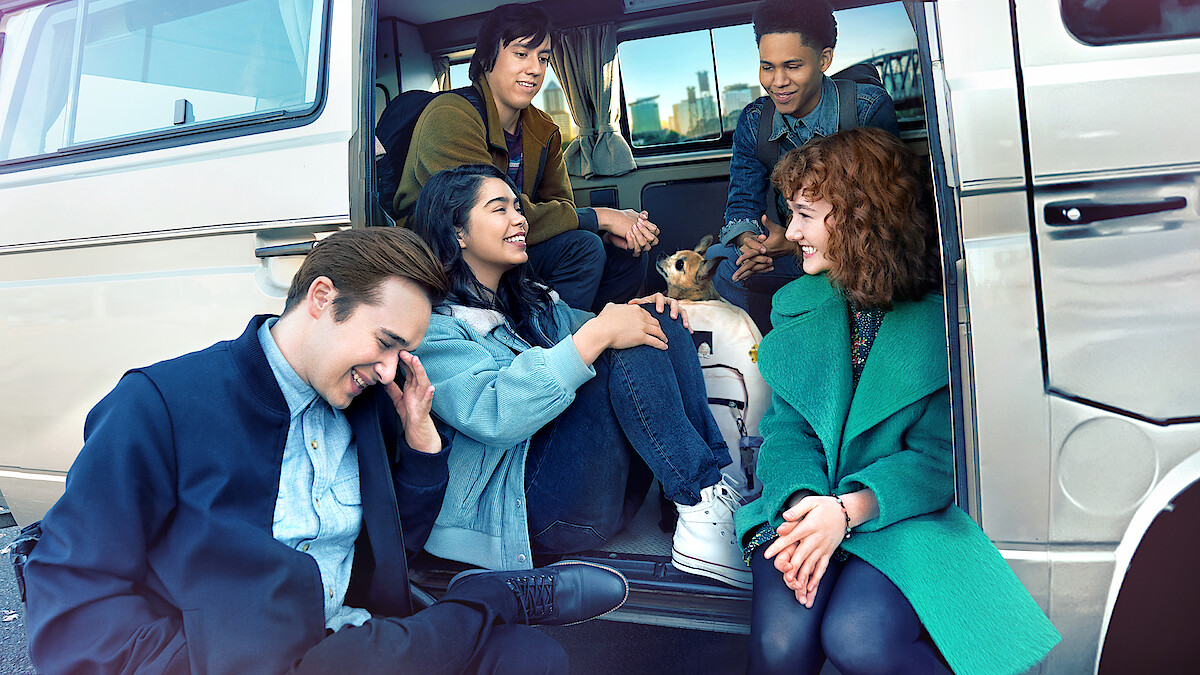
This heartwarming, tear-jerking teen movie revolves around high school senior Amber Appleton, who strives towards her goal of attending Carnegie Mellon University while experiencing extremely difficult circumstances including homelessness, abuse and alcoholism. All the while, Amber’s friends motivate and support her (and provide some uplifting laughs). Her close-knit group includes two friends who have disabilities and get around in adaptive cars.
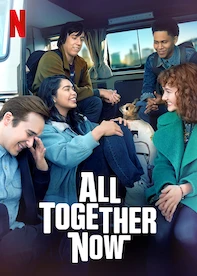
Crip Camp: A Disability Revolution
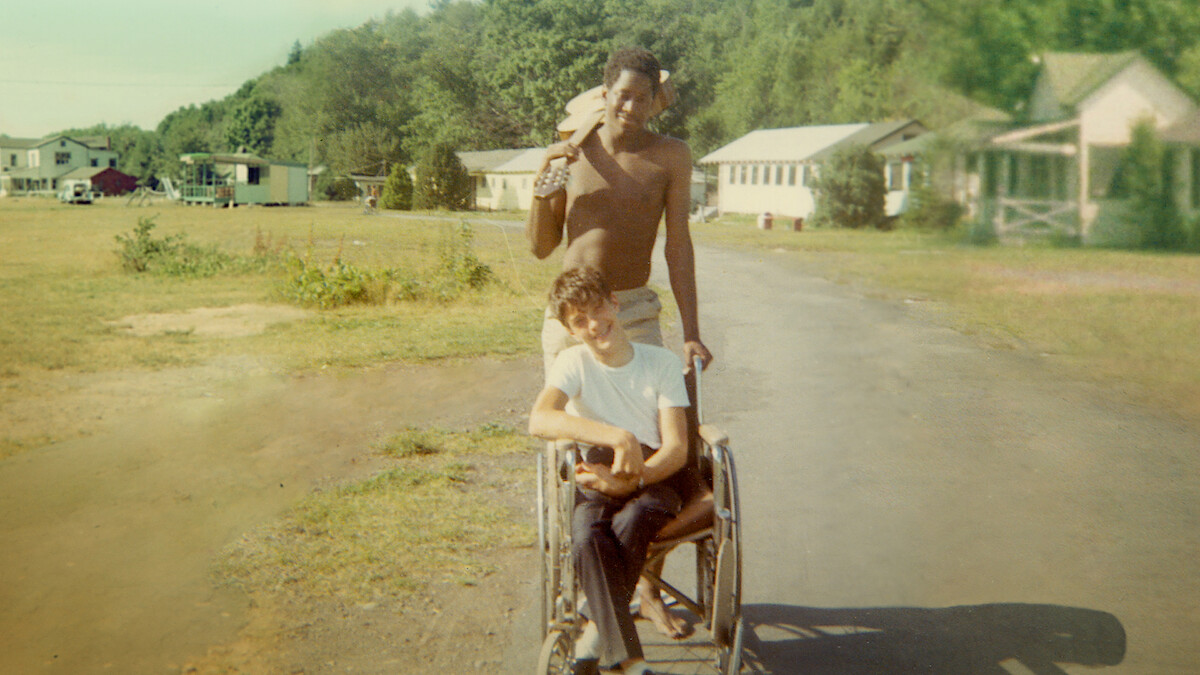
In 1951, a summer camp for young people with disabilities opened in the Catskill Mountains of New York as a place of friendship, fun, and a little romance. But Camp Genned’s foundational inclusivity turned out to mean much more to its close-knit group of campers, especially when a group of campers moved to Berkeley, California and discovered that inclusivity could also inspire political activism. If you’re unfamiliar with the history of the Americans with Disabilities Act and the groundbreaking work these activists did to advance equality for future generations, check out this Oscar-nominated documentary.
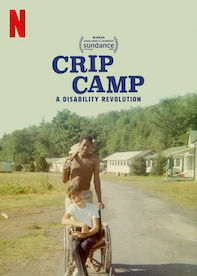
Dude’s healing powers
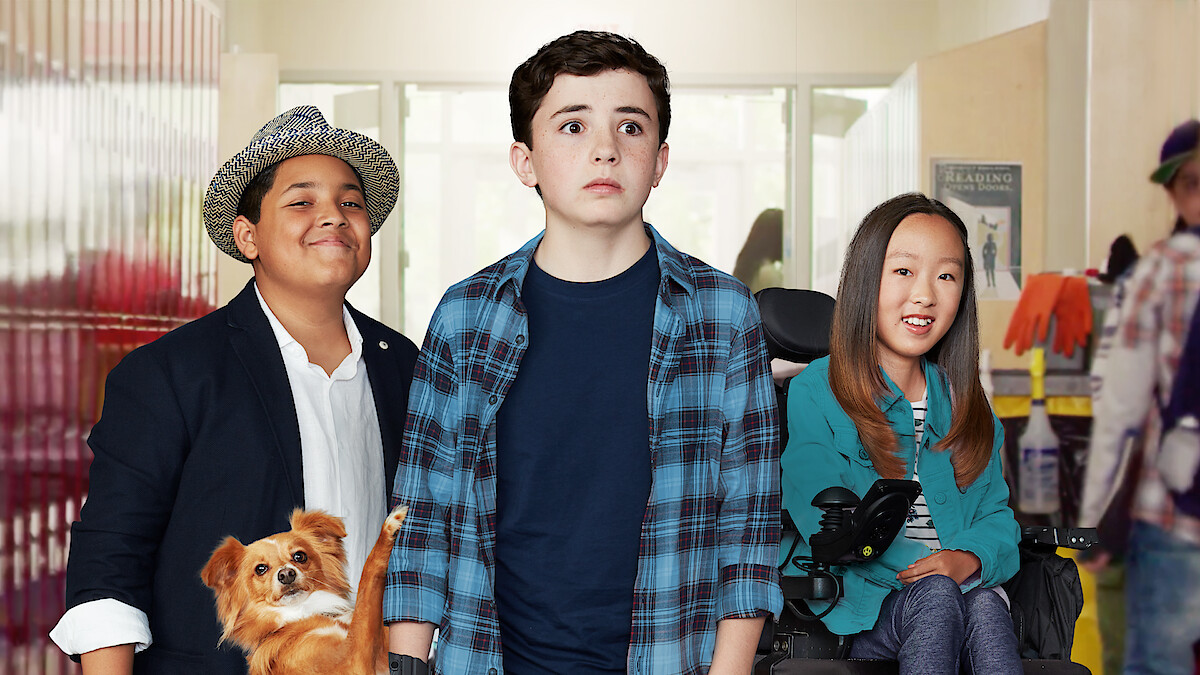
In this family series, Noah is an 11-year-old boy with anxiety who will soon start middle school. To help him with this big change, his parents adopt an emotional support dog, Dude, who gives viewers insight into their daily lives. The show also features Noah’s friend, Amara, who uses a wheelchair. This level of inclusion is a major achievement considering less than 1% of children’s TV shows depict characters with disabilities.
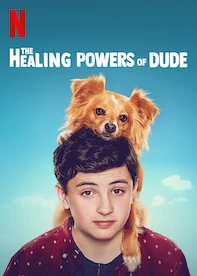
Raising Dion
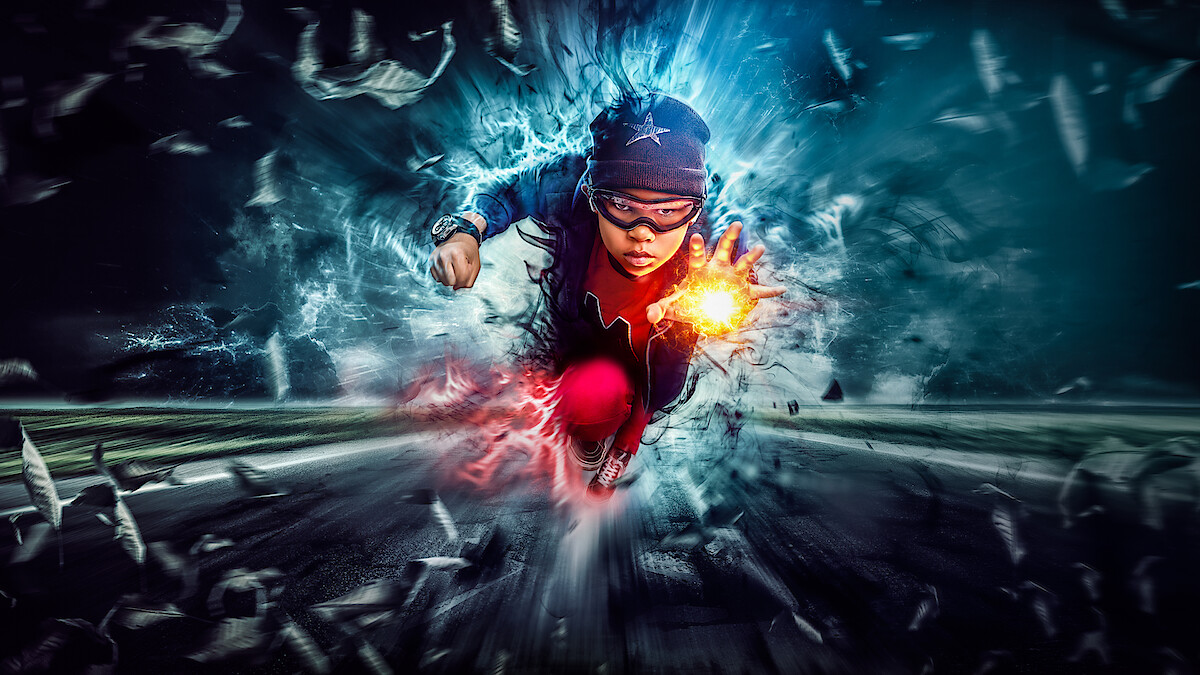
Calling all sci-fi fans: In the series Raising Dion, based on the short film and comic book series of the same name by Dennis Liu, a widowed mother named Nicole discovers that her son has supernatural powers. She and her late husband’s best friend Pat try to protect Dion from his enemies while keeping his abilities a secret from the world. Dion also suffers from ADHD and chronic asthma, and his best friend Esperanza has osteogenesis imperfecta. Dion and Esperanza trust and support each other, while also having conversations about disability accessibility and support without making it “weird.”
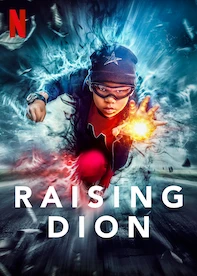
special
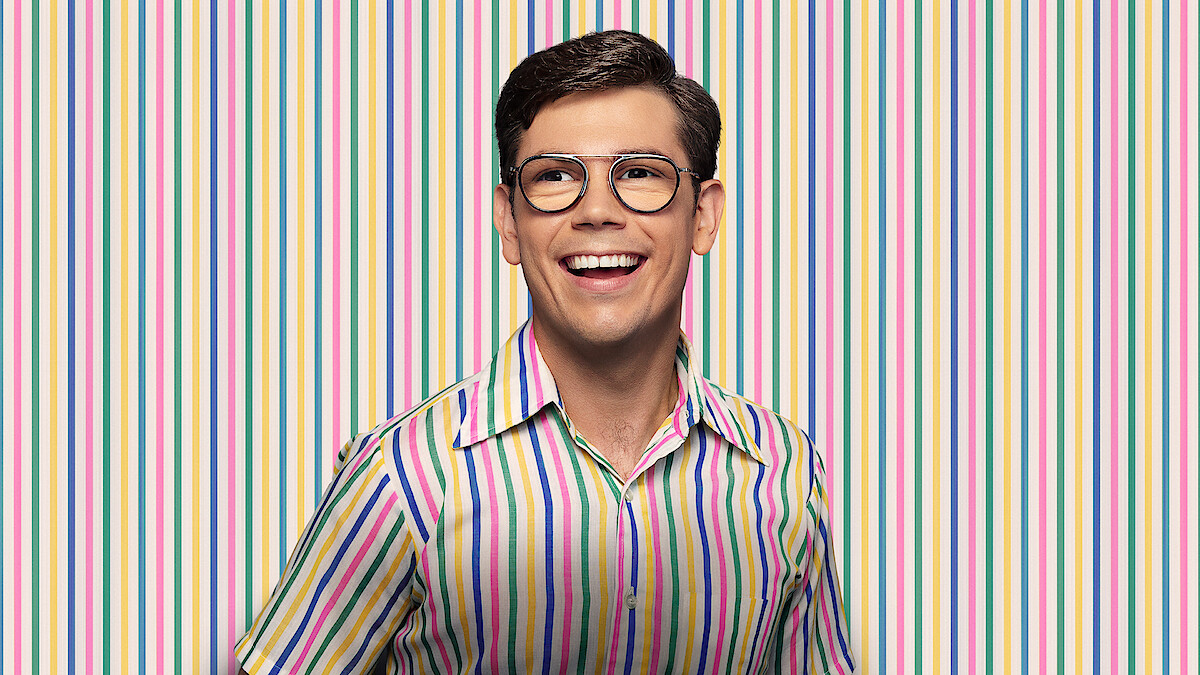
If you’re looking for a fun, yet introspective series for adults, check out The Special. Based on the memoir of Ryan O’Connell, a gay actor and writer with cerebral palsy, the show follows him as he learns to accept himself and pursue the relationships and career he wants. The show uses humor in difficult situations to break down stereotypes.
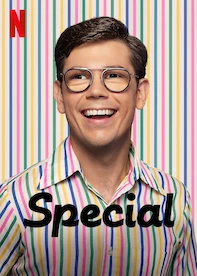
Atypical
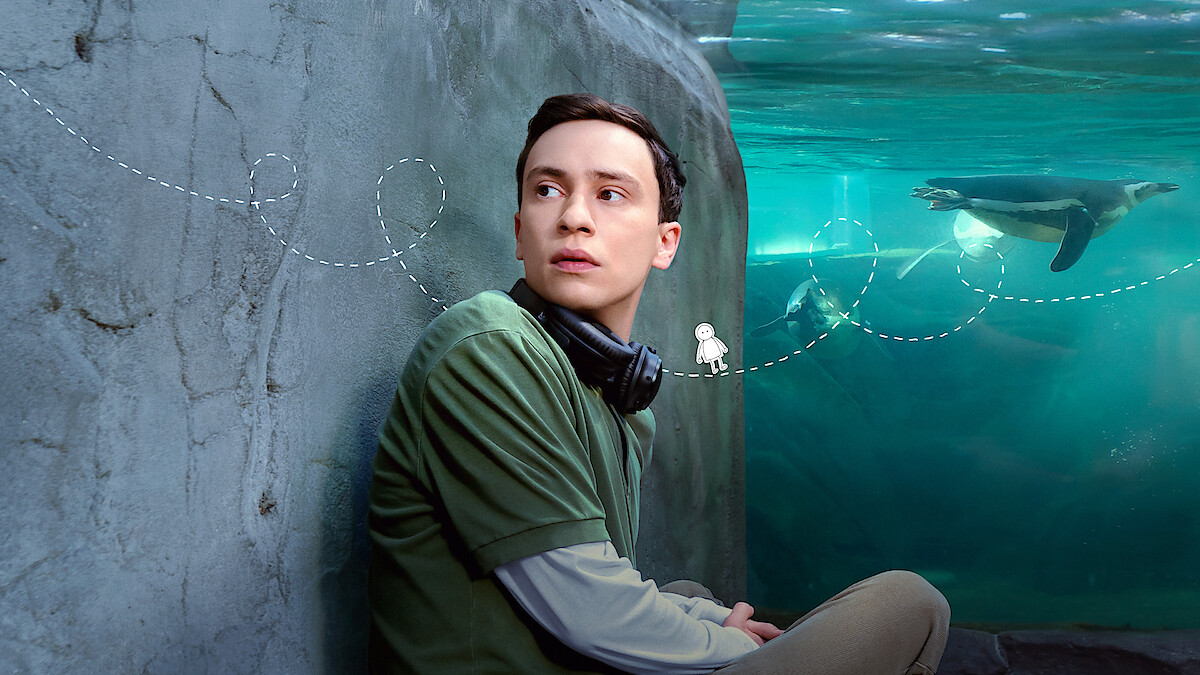
The four-season comedy-drama series focuses on Sam Gardner, a teenager living with autism. His therapist, Julia, tells him that people with autism can date and encourages him to go out and try, even though Sam himself doesn’t know what he’s doing and his family isn’t yet convinced of his budding love life. Atypical shows the different ways its characters live with grace, whether it’s in parents who allow themselves to let go or friends who help each other navigate new experiences. Most importantly, grace emerges when we step out of our comfort zones, even when it’s scary. Almost anyone who’s been through the teenage years can relate to that.
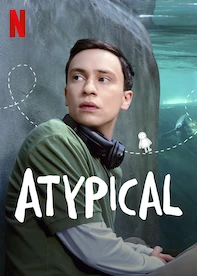
Maria Bamford: Old Baby
Finding wry humor in the very real experiences of mental illness and depression, the comedy special is the most rewarding part of Old Baby, as is the skill that comedian and actor Maria Bamford displays with her observations on pop culture and societal norms. As a large audience watches her performance and viewers watch her speak better, Bamford demonstrates the strength and confidence that comes from standing up for one’s truth.

My Beautiful Broken Brain
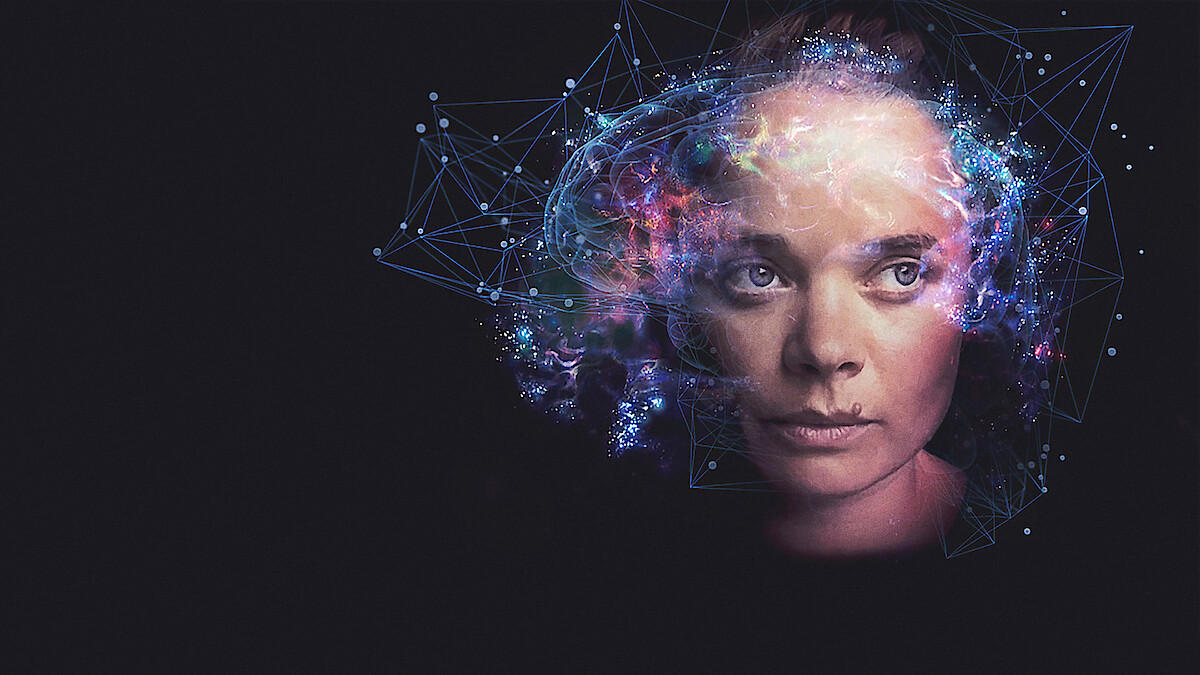
In November 2011, filmmaker Roche Söderlund suffered a stroke while living and working in London. She initially lost the ability to read, write and speak – a condition known as aphasia. In My Beautiful Broken Brain, she chronicles her process of recovery and rebuilding her life. While a person can experience a change in health at any point in their life, Söderlund’s intimate and honest perspective shows how shocking the change was at first and how she moved forward.

